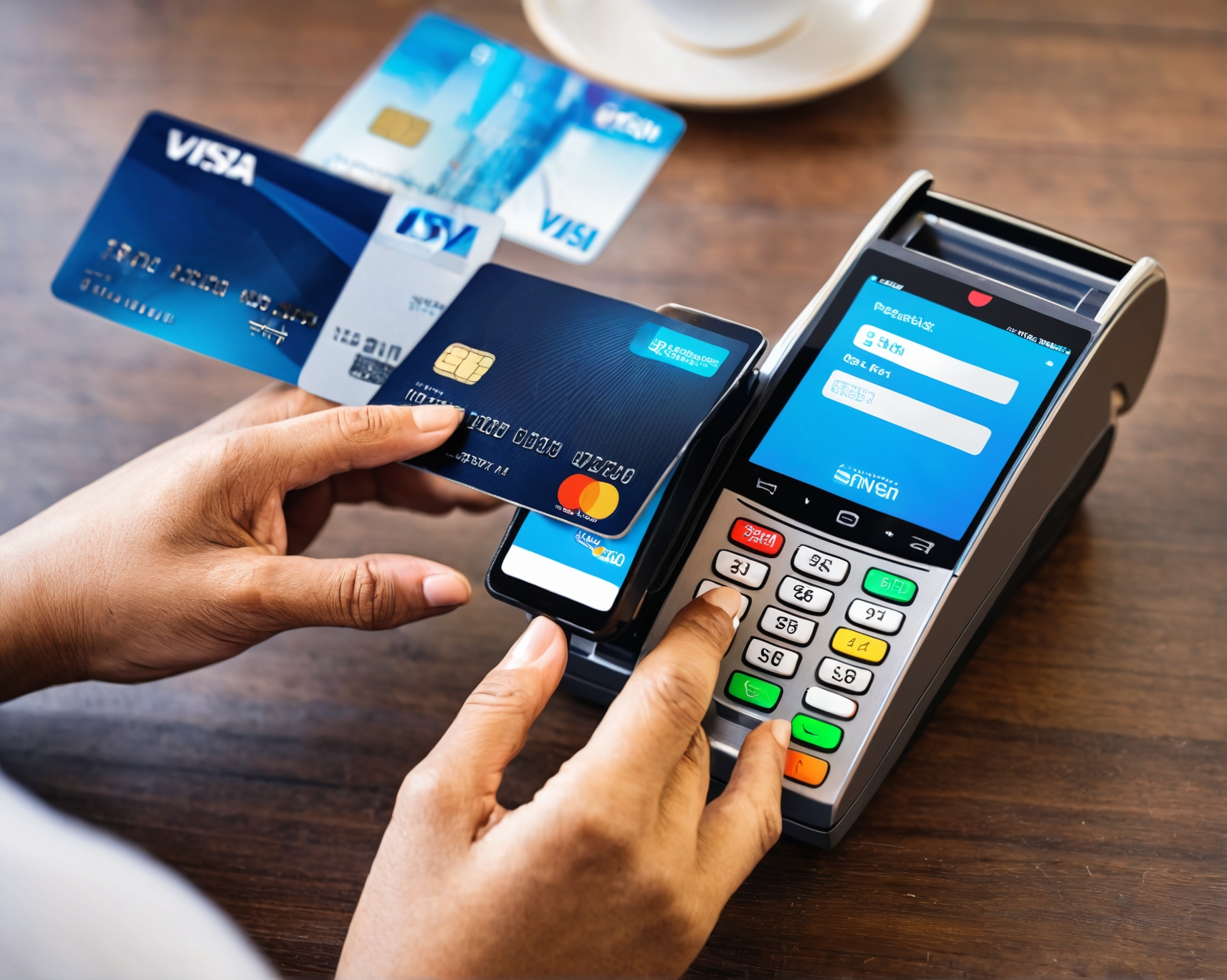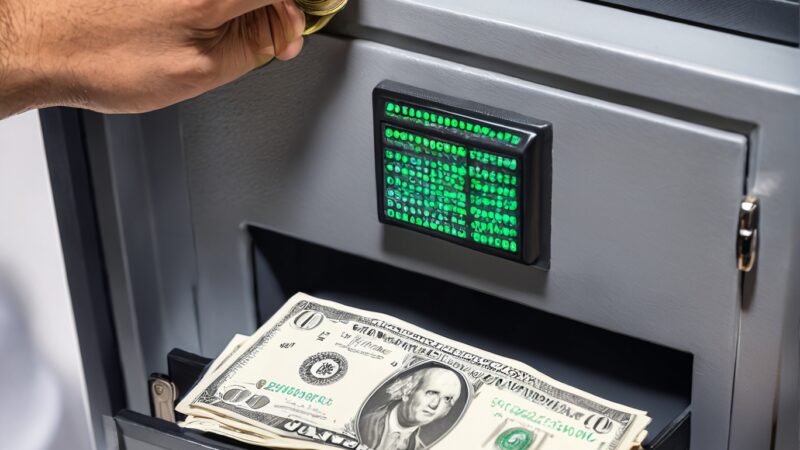The Future of Money: Cash vs. Digital Payments – A New Era of Spending

As we move further into the digital age, the way we handle money is changing rapidly. Cash, once the dominant form of currency, is now competing with digital payments, leading to a debate about the future of money. Will cash become obsolete, or will it coexist with the rise of new digital options?
Why Digital Payments Are Leading the Charge
If you’ve ever paid with a tap or clicked “buy” online, you’re already familiar with the convenience of digital payments. But it’s more than just ease of use—there are several other reasons why this trend is picking up speed.
1. Convenience and Speed Who doesn’t love quick transactions? Digital payments make it easier than ever to pay for everything from a cup of coffee to online subscriptions. With contactless payments and mobile wallets, there’s no need to fumble with change or carry cash.
2. Enhanced Security Carrying cash always carries the risk of theft or loss. Digital payments, on the other hand, often come with extra layers of security, like encryption and two-factor authentication. Losing your card or phone isn’t as devastating as losing a wallet full of cash—banks and companies can quickly block and replace them.
3. Financial Efficiency For businesses, accepting digital payments is a win-win. No more counting bills or worrying about making deposits. Digital transactions streamline operations and reduce errors, allowing businesses to focus more on their customers. Plus, tracking income becomes easier, and financial reporting can be automated.
4. Financial Inclusion In regions where traditional banking is less accessible, digital payments can make a real difference. Mobile wallets and other platforms allow people to participate in the economy without needing a bank account. This is a huge step forward for global financial inclusion.
The Case for Cash: Why It’s Still Important
Despite the growth of digital payments, cash isn’t disappearing just yet. Many people still find value in physical currency, and there are some compelling reasons why cash remains relevant.
1. Privacy For those who want to avoid leaving a digital trail, cash is still the best option. Digital transactions can be tracked and logged, which doesn’t sit well with everyone. Cash allows you to buy something without it being tied to your digital footprint.
2. Simplicity and Security There’s something reassuring about holding cash in your hands. For many people, especially older generations, using physical money feels more secure. Plus, in places with unstable internet access or during tech outages, cash remains a reliable backup.
3. Cash-Dependent Societies In many parts of the world, cash is still the go-to payment method. Smaller businesses, local vendors, and even entire communities rely on cash for day-to-day transactions. While digital payments may be the future, cash still has its place in many economies.
What’s the Future of Money?
While digital payments are clearly on the rise, it’s unlikely that cash will disappear entirely anytime soon. The two systems will likely coexist for the foreseeable future.
1. A Gradual Shift While the world may be moving towards a cashless society, the transition will be gradual. Many people and industries still rely on physical money, and cash will remain important in emergency situations and for privacy-conscious consumers.
2. Innovations in Digital Payments The future of digital payments is exciting. We’re likely to see more innovations, including cryptocurrencies and blockchain technology, offering new ways to transfer money securely. These systems could offer decentralized, faster, and more transparent alternatives to traditional payment systems.
The Takeaway
The future of money is a blend of tradition and innovation. While digital payments offer convenience and security, cash still holds a special place in the hearts (and wallets) of many. As the financial world continues to evolve, staying informed and flexible will help you navigate the ever-changing landscape of money.






